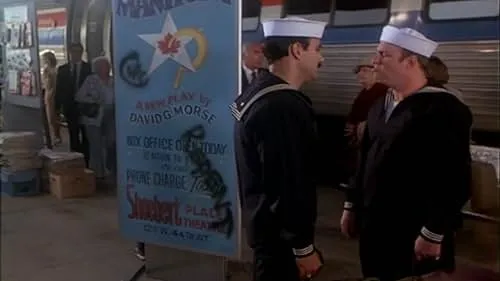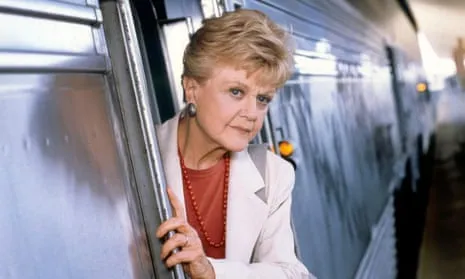The 1990s was a defining period for television, marked by seismic changes that redefined the terrain. For popular shows like Murder, She Wrote, these shifts proved to be a significant challenge. The long-running mystery-drama, centered around the sharp-witted Jessica Fletcher, had thrived in the 1980s and early 1990s with its tried-and-true formulaic approach to crime-solving.
However, as the decade progressed, new shows with fresh and relatable storylines emerged. Shows like Friends, with its portrayal of young adults going relationships and careers, captured the hearts of audiences. The stark contrast between these shows’ approaches to storytelling stood out: while Friends reveled in the lives of twenty-somethings, Murder, She Wrote’s quaint small-town settings and elderly detective seemed somewhat archaic in comparison.

A Still From Murder, She Wrote (Via IMDB)
Internal conflicts within the show’s production team and CBS’s decision to change the show’s timeslot further contributed to its decline in popularity. As the finale episode hinted at the absurdity of the show’s premise in the face of Friends’ success, it became clear that Murder, She Wrote’s time had come to an end. Despite its demise, the show remains an important chapter in television history, serving as a testament to the evolving television terrain of the 1990s. Established formulas had to adapt to the emergence of new and innovative entertainment, a challenge that Murder, She Wrote ultimately couldn’t overcome.
The show’s enduring popularity and nostalgic appeal ensure that it will continue to be remembered as a significant part of television’s rich history. Despite its decline, Murder, She Wrote stands as a testament to the power of television’s ability to adapt and evolve, paving the way for the innovative storytelling that would follow in its wake.
























